Argentina is experiencing the worst drug contamination scandal in its history. Authorities have successfully linked 69 cases with tainted fentanyl, and the official death toll sits at 51. However, the number could be greater, as judicial authorities are investigating close to 100 deaths associated with the drug.
All of the cases have been linked to two batches produced by pharmaceutical company HLB Pharma and its laboratory, Laboratorio Ramallo. Last week, the prosecutor’s office charged 17 individuals, and Judge Ernesto Kreplak ordered the detention of nine of them. Among them are the company’s owner, Ariel García Furfaro; his two brothers, Diego and Damián García Furfaro; his mother and grandmother, Nilda Furfaro and Olga Arena, who are the company’s primary stockholders; and the managers and manufacturing supervisors of Ramallo Laboratory. García Furfaro’s lawyer declined to comment.
The judicial investigation has shown serious flaws during the production of the tainted fentanyl, explains Adriana Francese, lawyer for 15 of the victims’ families and a victim herself.
Francese’s nephew, 18-year-old Renato Nicolini, was hospitalised after a car accident near Buenos Aires on 25 April. He died 10 days later. By then, the hospital had been investigating several cases of patients in a critical condition who were infected with two bacteria: Klebsiella pneumoniae and Ralstonia pickettii. The latter had been identified as not part of the hospital’s typical flora, Francese notes.
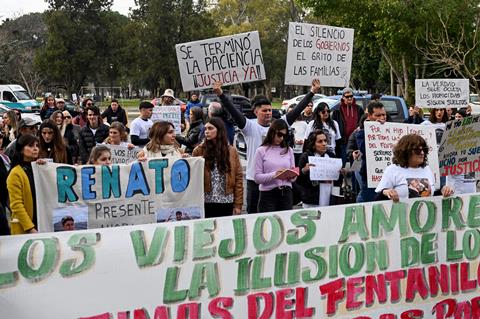
The hospital contacted the country’s Ministry of Health and ANMAT, Argentina’s drug regulator, after exhaustive tests pointed to fentanyl as the culprit. A few days later, after running their own tests, ANMAT ordered the recall of all fentanyl from batch 31202. A week later, on 12 May, ANMAT prohibited the use, distribution and commercialisation of all HLB Pharma products. By 27 May, ANMAT was ordered to collect all of the doses from three fentanyl batches produced by the company.
Falsified equipment and medicine mix-ups
In the following months, the list of deaths suspected to be caused by the contaminated drug kept growing, as evidence against the company and its lab piled up. Local outlets El Destape and Infobae reported that in late 2024, an inspection revealed gross irregularities at Laboratorio Ramallo. The regulatory agency found that the company had packed at least 69 batches of six different drugs in plastic ampoules, a material it hadn’t authorised due to its increased contamination risk. A year earlier, the company had packed 393 batches using an unauthorised protocol. The official report arrived two months later, in March, but ANMAT refrained from taking action beyond recall orders.
Chemistry World found at least 14 previous ANMAT recall orders against HLB Pharma and its lab, dating back to 2019. The orders include falsified critical equipment during the Covid-19 pandemic, the discovery of metal pieces inside pill blisters, and amix-up of morphine and diclofenac sodium, which the company failed to recall after more than 120 days. At least three cases were related to microbial growth in the drugs, including metronidazole, a drug administered to patients suffering from severe infections. The company also sold falsified dopamine and the intravenous anaesthetic propofol using an expired authorisation of Surar Labs, which ANMAT shut down in 2015 due to gross irregularities.
In 2023, researchers in the Concordia region reached out to ANMAT after six breast cancer patients were infected with Ralstonia mannitolilytica, which they managed to trace to tainted dexamethasone from the HLB Pharma group. ANMAT didn’t recall the batch, arguing its own tests didn’t find evidence of contamination.
Despite the irregularities, ANMAT never took steps beyond ordering recalls against the firm, María Florencia Prieto, who led that investigation in Concordia, says. ‘I thought they hadn’t listened to us because we were from a small place in a small town in the interior of the country. But now, I don’t know what to think.’
The prosecutor has ordered a criminal investigation into the actions of ANMAT officials who were responsible for preventing this case. The National government suspended Gabriela Mantecón Fumado, director of ANMAT’s National Institute of Medicines (INAME), as she was the one who allegedly ignored the March report. ‘People are scared,’ Francese says. ‘They cannot believe that the agency that was supposed to protect us left us unprotected for so long.’ ANMAT declined to comment.




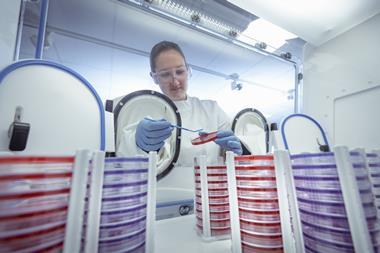
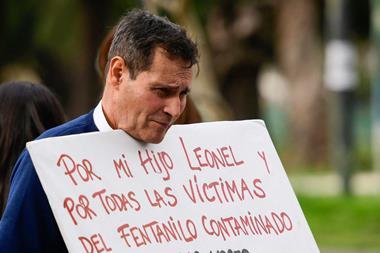
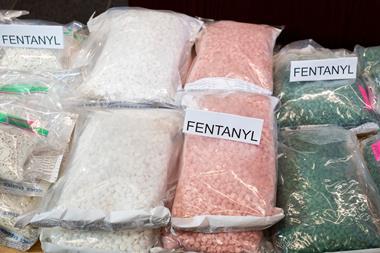
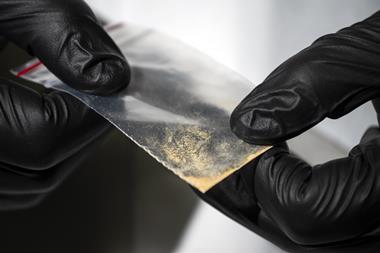
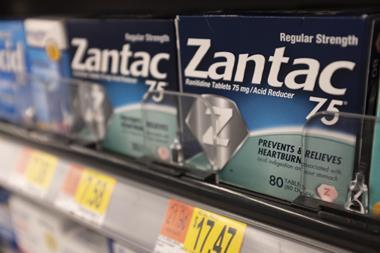






No comments yet